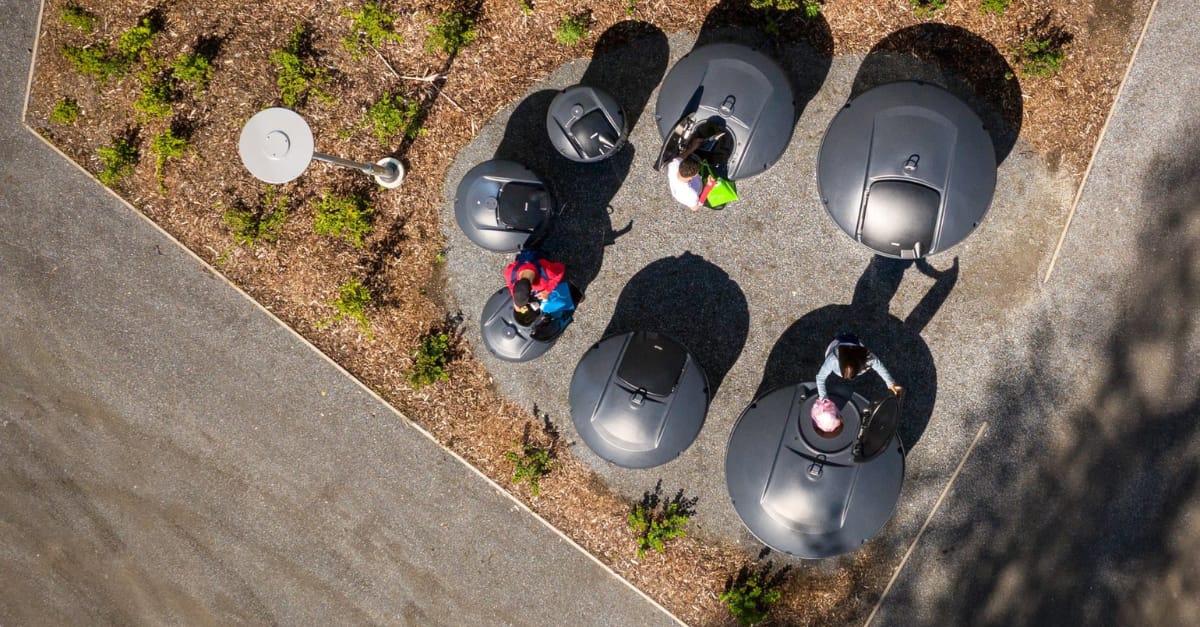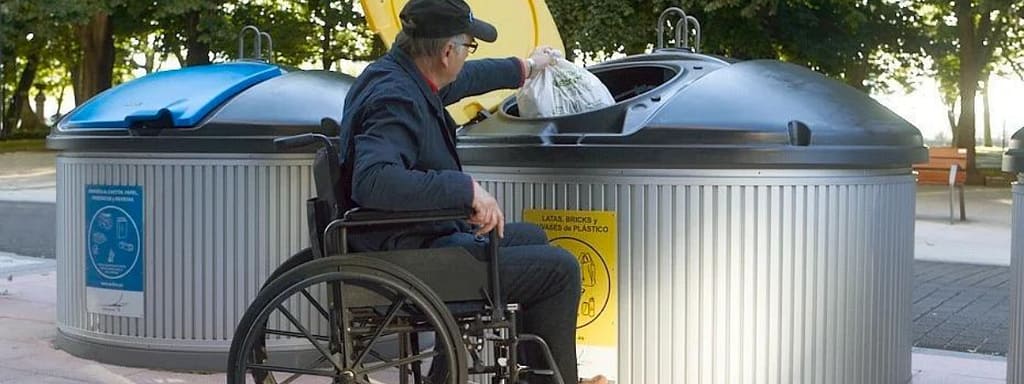
Design as a Part of Our Everyday Lives
On Saturday, February 3rd, we celebrate Alvar Aalto as well as Finnish architecture and design. At Edea, we also want to participate in the celebration day and increase awareness of the importance of design in daily life and the built environment.
Design is everywhere; it surrounds us daily and significantly influences how we perceive and interact with our surroundings. At Edea, we believe that beyond visual appeal, design can positively impact everyone’s everyday life, mobility, health, and sense of community.
For several years, Edea has been shaping urban environments to be more pleasant and functional. We believe that the functionality of the urban environment is strongly linked to how different users and their needs are considered in the planning process.
Accessibility in Urban Environment Design
In addition to comfort and aesthetics, design takes into account usability. In this regard, it is crucial to consider accessibility in the design of the environment, services, and products for everyone, including individuals with various disabilities.
As an example, we conducted a study in collaboration with Lounais-Suomen Jätehuolto, Suomen Pakkauskierrätys RINKI Oy, and Molok, aiming to improve the design of accessible communal collection points in the urban, residential, and shopping center planning. The goal was to deeply understand the objectives and challenges of the end users. The research provided valuable insights utilized in the design of recycling points and collection containers. Weather variations, wildlife, and human activities require a meticulous focus on accessibility in waste disposal points and device design.
Accessibility Considerations in Molok’s Waste Management Solutions
For nearly two decades, Edea has been designing waste management solutions for Molok, always with the principle that products serve the widest possible user base. Deep collection containers are primarily placed outdoors, requiring assurance of unimpeded access. We design products to be easily accessible to all users, including those with mobility challenges and wheelchair users. Clear signage assists in correctly sorting waste, even in darkness. A permanently open lid and a bag hanger free the user’s hands for last-minute sorting, making waste sorting as effortless as possible.

Design Fosters Circular Economy in Urban Environment
We aim to contribute to the realization of a circular economy in the urban environment, minimizing waste generation and maximizing the efficient use of resources. Molok’s containers are larger than traditional surface containers, requiring less frequent emptying. Together with Molok, we have designed features to improve usability and efficiency, reducing unnecessary traffic and enhancing recycling ease. These include continuous monitoring of container fill levels and user-friendly lids and hangers for bags. When collection containers are designed to be durable and easily maintained, the overall carbon footprint of waste collection can be reduced by up to 50%.

We believe that high-quality design is a key factor in promoting comfort and circular economy in the urban environment. It can shape people’s behavior, create efficient systems, and increase awareness, which is crucial for sustainable and responsible urban development.
Want to discuss a new design project? Give us call or book a meeting with us!